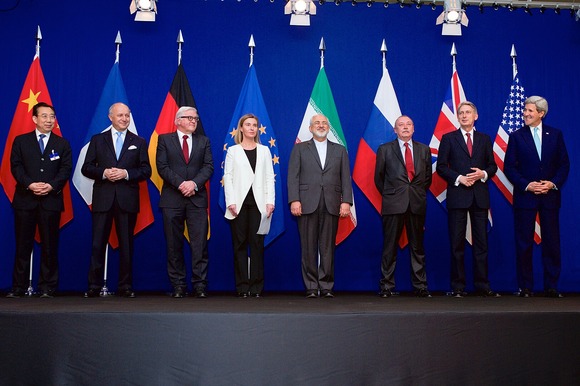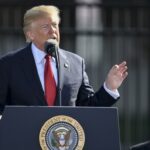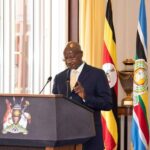Iran’s top diplomat has stated that the conditions are not yet mature for “effective” nuclear negotiations with the United States, though the country will not entirely sever ties with the United Nations’ nuclear watchdog.
“In my opinion, we have not yet reached the point of maturity where effective negotiations with the U.S. can take place,” said Foreign Minister Abbas Araghchi in comments published by Iranian state media on Wednesday. Talks between Tehran and Washington—which had been aimed at containing Iran’s nuclear programme—were suspended after a wave of heavy U.S. and Israeli airstrikes in June during a 12-day military escalation.
Since then, the International Atomic Energy Agency (IAEA) has been unable to conduct inspections at Iranian nuclear facilities, despite repeated calls by IAEA Director General Rafael Grossi to maintain access, calling inspections critical to transparency.
Both U.S. President Donald Trump and Israeli Prime Minister Benjamin Netanyahu have threatened renewed military action against Iran if it resumes uranium enrichment, which they warn could lead to the development of nuclear weapons.
Iran continues to deny that it is seeking to produce nuclear weapons, maintaining that its nuclear programme is intended for peaceful, civilian purposes. It also promised to deliver a strong response to any future threats. Earlier this year, neither the IAEA nor U.S. intelligence agencies reported finding concrete evidence of an Iranian nuclear weapons programme.
Meanwhile, European powers—specifically the UK, France, and Germany—have warned Iran that they may trigger the UN’s “snapback” sanctions mechanism if Tehran fails to return to negotiations. Araghchi acknowledged the possibility of talks with European nations in the near future, though he cautioned that “a basis for negotiations” had not yet been established.
Tensions further escalated last month when Iran’s parliament passed a law suspending full cooperation with the IAEA. The legislation requires any future inspections by the UN watchdog to be approved by Iran’s Supreme National Security Council. This move followed accusations by Tehran that a May 31 IAEA report had effectively paved the way for the Israel-U.S. attacks. That report led the IAEA’s Board of Governors to declare that Iran was in violation of its nuclear non-proliferation commitments.
In July, Iranian President Masoud Pezeshkian warned the IAEA to drop its “double standards” if it hoped to revive cooperation with Iran on its nuclear programme. He cited deep mistrust stemming from the UN agency’s silence on the June attacks and what Tehran sees as its failure to condemn Israel and the U.S. for targeting nuclear facilities.
Despite the breakdown in relations, Araghchi made it clear that Iran is not closing the door entirely on the IAEA. “The return of inspectors will be possible based on the parliament’s law, that is, with the approval of the Supreme National Security Council… So, it is not that we say we absolutely cut cooperation with the agency,” he clarified on Wednesday.
His comments came two days after a spokesperson for the Iranian Foreign Ministry stated that talks with the IAEA would continue and that another round of negotiations was likely to take place in the coming days.
The current standoff underscores a complex and increasingly volatile diplomatic landscape, with Iran navigating between internal legislation, external threats, and a fractured international consensus over the future of its nuclear programme.






